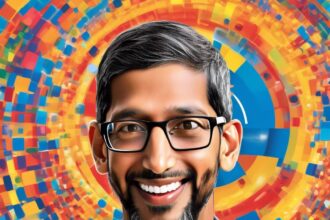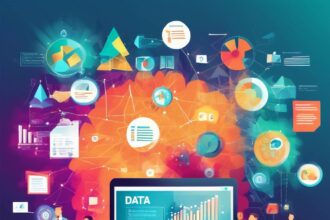Elise Awwad, president and CEO of DeVry University, discusses the importance of lifelong learning in today’s rapidly evolving job market. Traditional degrees are no longer sufficient, as continuous education is crucial for career success and fulfillment. The digital revolution has made learning more accessible through online platforms and micro-credentialing, allowing individuals to update their skills in real-time and meet the demands of the changing job market.
To cater to nontraditional adult learners, colleges and universities must offer flexible learning opportunities that accommodate busy schedules and varying career paths. This includes modular programs that allow for continuous progression, personalized learning paths that recognize prior experience, and partnerships with industries to ensure curriculum relevance. These efforts aim to provide a holistic learning experience that prepares students for real-world work situations.
A comprehensive strategy is essential for implementing lifelong learning programs within higher education institutions. This involves integrating lifelong learning principles into the curriculum, offering flexibility in learning pathways, and forming strong partnerships with industries to identify emerging skill needs. Online platforms that provide personalized learning experiences and utilize data analytics can also enhance the educational experience for all learners.
Capturing the increasing demand for lifelong learning requires institutions to use data analytics to understand learner preferences and continuously improve their offerings. Enhancing awareness of the benefits of lifelong learning, engaging alumni as lifelong learners, sharing success stories, and offering flexible courses and programs can help attract and retain learners. By utilizing the latest technologies and educational tools, institutions can create engaging and practical educational experiences for their students.
Challenges in implementing lifelong learning in higher education institutions stem from institutional, systemic, and societal factors. Cultural expectations that education is terminal after a degree can hinder lifelong learning efforts. However, it is crucial for higher education institutions to be agile, student-centered, and forward-thinking to align with the evolving needs of the economy and society. By understanding these challenges and proposing real solutions, institutions can better prioritize lifelong learning in their educational offerings.









